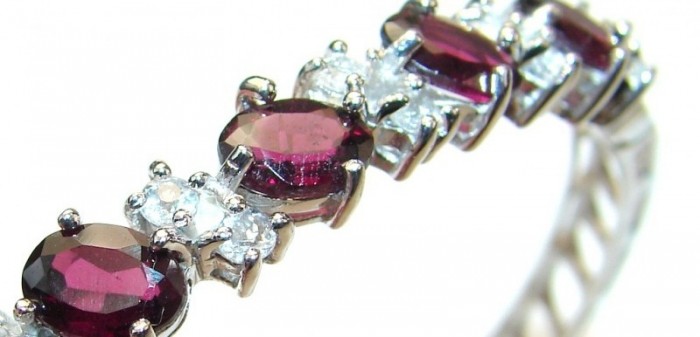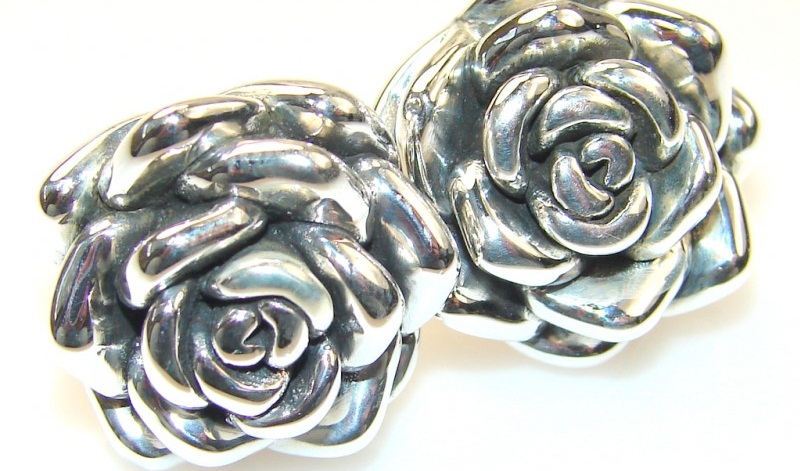What You Don’t Know About Silver: It’s Antimicrobial?!

Even though silver is known as a very popular metal to use when creating jewelry with different gemstones, many people may also be unaware that it is used as an antimicrobial agent for many other products, especially in the healthcare center. Because it is antimicrobial, it is an obvious choice to use for healthcare purposes, but the real question to answer is how does this mineral have antimicrobial properties? What does that mean as far as daily healthcare?
Mineral Properties of Silver
The mineral properties of silver have been used by many different cultures over the past several years and often used for storing purposes for water and other liquids that are easily able to otherwise spoil such as milk as a non-toxic antimicrobial agent. The silver compounds of a bioactive silver ion (Ag (+)) is able to be released and interact with bacterial and fungal cells and ionize when around water, body fluids, and any tissue exudates.
Because a silver ion is biologically active, it is able to react to different proteins, free anions, amino acid residues, and receptors in mammal and eukaryote cells such as those found in plant life. The reaction between cells and how it is affected by silver is determined by cell genetics. The human body is able to use silver as an antimicrobial agent in the healing process because it is circulated as a protein complex and later broken down and eliminated by the live and kidneys.
Helping to Heal the Body
The use of silver in medicine as an antimicrobial agent has been used for many years since the late 1800s. Once used to purify water, it was used as a bactericide in 1884 to help clean and heal wounds and prevent infection in dressings and bandages. During this era, many different types of antimicrobial products were used with silver and were able to be taken, orally, topically, or as an injection for different diseases.
Since then, silver has not been used quite as much in every different kind of medicine, but the antimicrobial properties are still highly valuable in treating patients on a daily basis. Bandages still use the silver mineral to help treat wounds and today it is much more common to treat patients who have suffered extreme burns over a large percentage of their body with medications containing antimicrobial silver. Not just bandages and wound dressings, but a silver solution that is thickly applied to heal and keep possible infections from bacteria away.
Helping to keep hospitals even more sterile than they already are, AGC Glass Europe developed an antibacterial glass back in 2007.
Because silver is so widely used, you may have used it before without realizing it! When babies are born, doctors will use eye drops, sometimes with silver nitrate, to prevent neonatal conjunctivitis or pink eye. The eye drops usually last for two to four days and should be used within the first one to two weeks of the infant’s birth.
Even every day uses such as special filters for water have been used in plumbing to help disinfect water or further purify it with products such as the Brita water filters with carbon. Mir space station and NASA shuttles have even used silver as a means to recycle and disinfect water. With the possibility of food becoming contaminated in transportation from farms, fields, or manufacturers to the consumers, companies need to take more caution in how the food is being transported.
Bulk food storage containers from paper, plastic, food wrap and milk containers from small to bulk products have been lined with antimicrobial silver to keep food and beverages fresh until opened.

Medical Equipment Protection
Because antimicrobial silver can be used in medication, it (as you might suspect by now) can also be used in coating different types of medical equipment to prevent any irritation or infection in different plastics, foams, fibers, and coatings. Medical equipment includes the outer lining of anything that can be implanted inside as endotracheal tubes inside of the body such as catheters or tubes used in ventilator-assisted breathing.
To ensure that no germs or diseases spread from a doctor or a nurse during a medical procedure, surgical masks are also coated with the silver mineral as nanoparticles. These masks are especially helpful in stopping the spreading of very harmful diseases such as E. coli, S. aureus, or other skin irritation infections.
Is Silver Too Much of a Good Thing?
However helpful the antimicrobial properties of silver may be, can too much of it cause more harm than good for your body? Silver is used in different medications and bandages because it causes little harm to the human body, but on the other hand, colloidal silver can cause harm to a person’s body if it is used consistently over long periods of time.
Colloidal silver is sold as a miracle product that can help heal the body, but the mineral can actually cause a lot of harm to the body including kidney damage, seizures, fatigue, and skin irritation such as argyria which can cause the body to turn a blue-gray color.
Before now, when you heard the term “silver,” you most likely thought of the metal or jewelry and not silver antimicrobial properties that can keep you healthy and prevent serious infections from occurring. But now you know that from daily use to hospital visits, silver is used for much more than to make a fashion statement.
You may also like ...
- Just How Well Will A Jewelry Cleaning Recipe Work? The Best Methods To Try To Clean Gems At Home
- How To Choose Jewelry For Sensitive Skin
- How Does A Gemstone Appraisal Work?
- The Most Valuable Gemstones You Never Knew Existed
- Top Household Jewelry Cleaning Tips For Silver Jewelry
- How To Not Overdo Jewelry With A Strapless Dress













